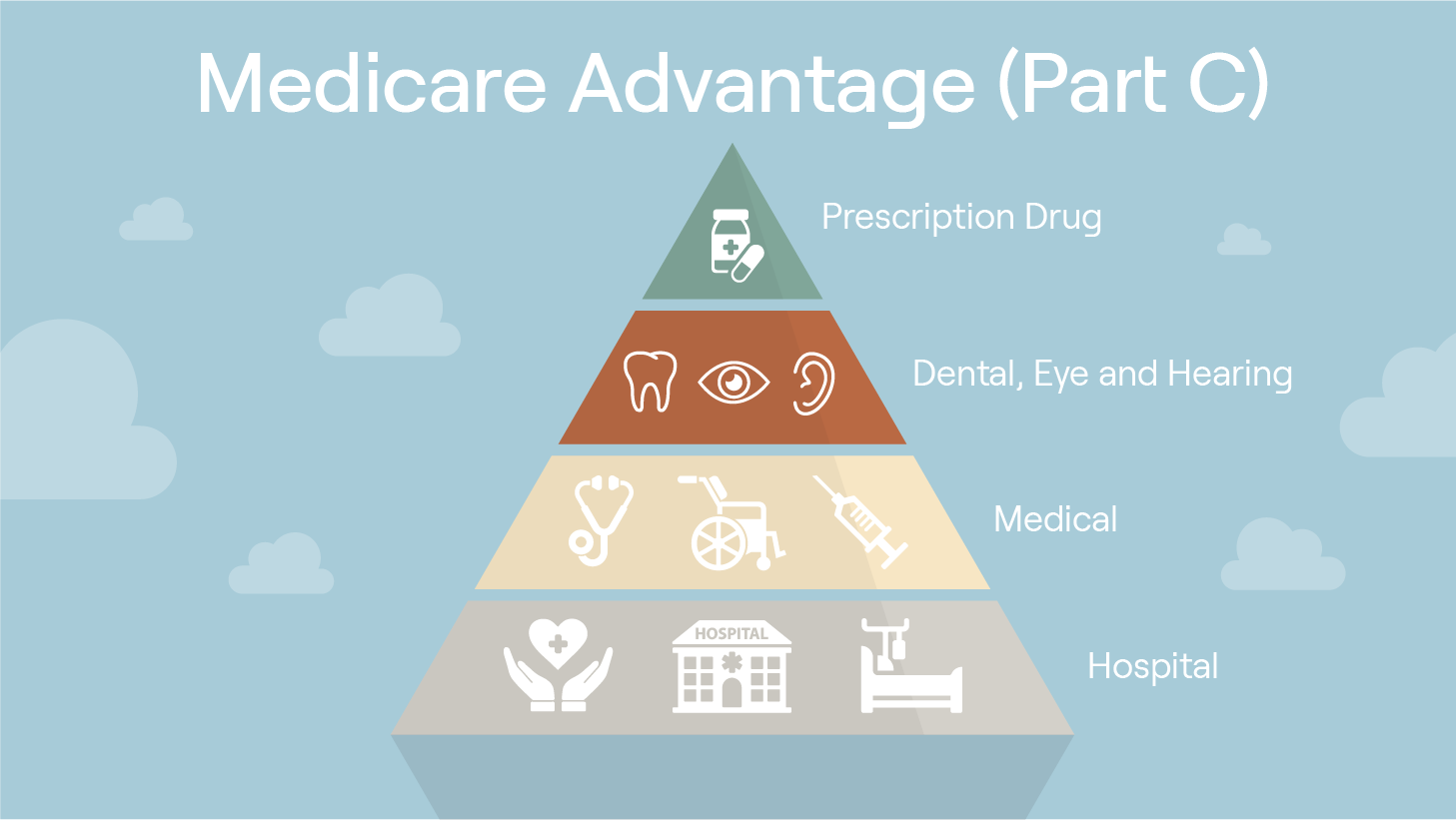Understanding the Duration of Final Expense Insurance Coverage
Final expense insurance is designed to cover the costs associated with a person’s funeral and other end-of-life expenses. The coverage amount can vary depending on the policyholder’s needs and the insurance provider’s offerings. However, another important factor to consider when purchasing final expense insurance is the duration of coverage.
What is the Duration of Final Expense Insurance Coverage?
Final expense insurance policies are typically offered as whole life insurance policies. As the name suggests, whole life policies provide coverage for the policy holder’s entire life as long as the premiums are paid on time.
Unlike term life insurance policies, which have a set duration of coverage (e.g., 10 years, 20 years), whole life policies do not expire. The policy remains in force until the policy holder passes away or decides to cancel the policy.
The premiums for whole life final expense insurance policies are typically higher than those for term life insurance policies. However, this is because the coverage lasts for the policy holder’s entire life, whereas term life policies may only provide coverage for a limited period.
Some insurance providers offer final expense insurance policies with a graded death benefit. This means that if the policy holder passes away within a certain time period after purchasing the policy (usually the first two years), the death benefit may be limited to a percentage of the total coverage amount or only the premiums paid plus interest. After this initial period, the full coverage amount will typically be paid out.
It’s important to carefully review the terms and conditions of any final expense insurance policy before purchasing it to understand the duration of coverage and any limitations or restrictions on the death benefit.
Factors to Consider When Choosing the Duration of Final Expense Insurance Coverage
When deciding on the duration of coverage for a final expense insurance policy, there are several factors to consider. One key factor is the policyholder’s age and health. If the policy holder is younger and in good health, they may want to choose a policy with a longer duration of coverage to ensure that they have coverage in place for their entire life.
Another factor to consider is the policy holder’s financial situation. If the policy holder has limited financial resources, they may want to choose a policy with a shorter duration of coverage to keep premiums more affordable.
Additionally, the policyholder’s personal preferences and family situation can also impact the duration of coverage they choose. For example, if the policy holder has adult children who are financially independent, they may only need coverage for a limited period. However, if the policy holder has young children or dependents who will need financial support for a longer period, they may want to choose a policy with a longer duration of coverage.
Conclusion
In conclusion, the duration of coverage is an important factor to consider when purchasing final expense insurance. Whole life policies typically provide coverage for the policy holder’s entire life, while some policies may have graded death benefits during an initial period. When choosing the duration of coverage, factors such as age, health, financial situation, and personal preferences should be taken into account to ensure that the policy provides the necessary coverage for the policy holder’s needs.
- Risks and Benefits of Annuities: Understanding the Pros and Cons
- What Is Final Expense Insurance?
- The Drawbacks of an Annuity
- What is Final Expense insurance?
- Final Expenses: A Necessary Protection for Your Family
Benefits of Medicare Advantage for Veterans
Veterans and Medicare Advantage plans represent a crucial intersection of health- care services designed to enhance the medical coverage available…
10 Essential Insurance Tips to Protect Your Future
1. Assess your insurance needs based on income, assets, and dependencies. 2. Understand policy types: life, health, auto, home, and…
ACA 2025 Open Enrollment
The ACA 2025 Open Enrollment Period represents a pivotal opportunity for individuals and families to obtain health insurance coverage under…
Medicare Annual Enrollment Period 2025
The Medicare Annual Enrollment Period (AEP) for 2025 is a critical time for beneficiaries to review and adjust their Medicare coverage, running…
Medicare Advantage and the Nearing Annual Election Period
Medicare Advantage and the Nearing Annual Election Period Introduction Navigating Medicare can feel like trying to read a map written in a…
Understanding Medicare Advantage Plans
Understanding Medicare Advantage Plans Medicare Advantage plans have become a popular alternative for people who want more flexibility and comprehensive coverage…












